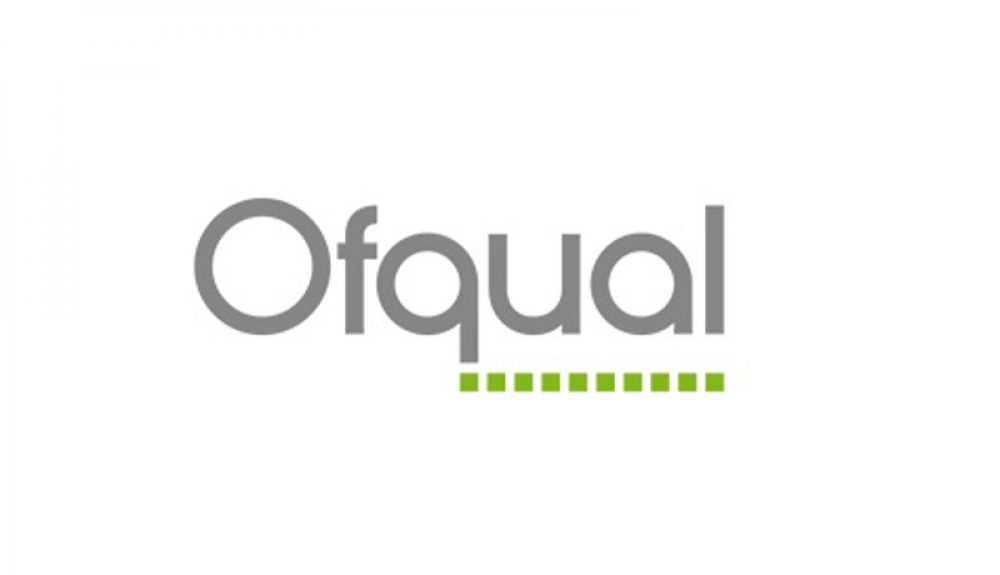The number of GCSE grades changed at a marking review this year has increased by 52 per cent, with over 25,000 more changes than in 2016.
This year, 73,840 GCSE grades were changed compared with 48,430 last year. Only three per cent more GCSE exams were sat this year.
Ofqual said the rise “stemmed principally from an increase in the number of successful review requests in new and legacy versions of GCSE English language and English literature”.
It was partly ascribed to the increase in entries to GCSE English this year, which happened because fewer students took alternative qualifications such as BTEC.
The majority of changes were by one grade, and just half a per cent of all challenges resulted in a change of two grades or more. This is, however, five times last year’s figure, when just 0.1 per cent skipped upwards by two grades.
Sally Collier, Ofqual’s chief regulator, said that some of the exam boards had “not done enough” to change old practices and “meet new rules around reviews of marking” this year.
“We expect all exam boards to comply with our rules at all times. We are currently looking at where more could and should be done and will consider what form of regulatory action may be appropriate,” she confirmed.
“We will not require exam boards to reconsider the outcomes of the reviews they have undertaken this year, so students’ awards following review will stand.”
If a candidate is concerned that an error has occurred when their test has been marked, they can ask the exam board to review the marking. This applies to any assessment, but does not necessarily lead to any change in marks.
The total number of reviews for GCSE, AS and A-level qualifications in the summer exams this year rose by 93,820, from 427,100 in summer 2016 to 520,920 in summer 2017.
Overall, 55 per cent of reviews resulted in no change to the marks awarded. The grade most commonly challenged was D, which made up 30 per cent of the grades challenged between A* and G. Thirty-two per cent of the new 9 to 1 grades challenged were grade 3.
At GCSE, 425,075 reviews were requested, an increase of 44 per cent from 2016, and at AS and A-level, 95,845 reviews were requested, a drop of eight per cent from 2016.
The regulator said this reflects changes in assessment entries, which are down 12 per cent at AS and A-level, “mainly due to a drop in the number of AS entries”.
Read more on Ofqual’s 2017 summer exam series report
Ofqual reports on difficulty of new ‘fat maths’ GCSEs
Ofqual to consult on reducing cheating by teacher-examiners







What about all the students who couldn’t afford to pay for a review?
Have they considered that there might have been more changes to the grades on the new GCSE because no one knew what they were doing the entire two years of teaching it? The exam boards couldn’t provide satisfactory mark schemes or sample essays for teachers and didn’t know what the grades would be until after the exams. No wonder they were changed when everyone is shooting into the dark.